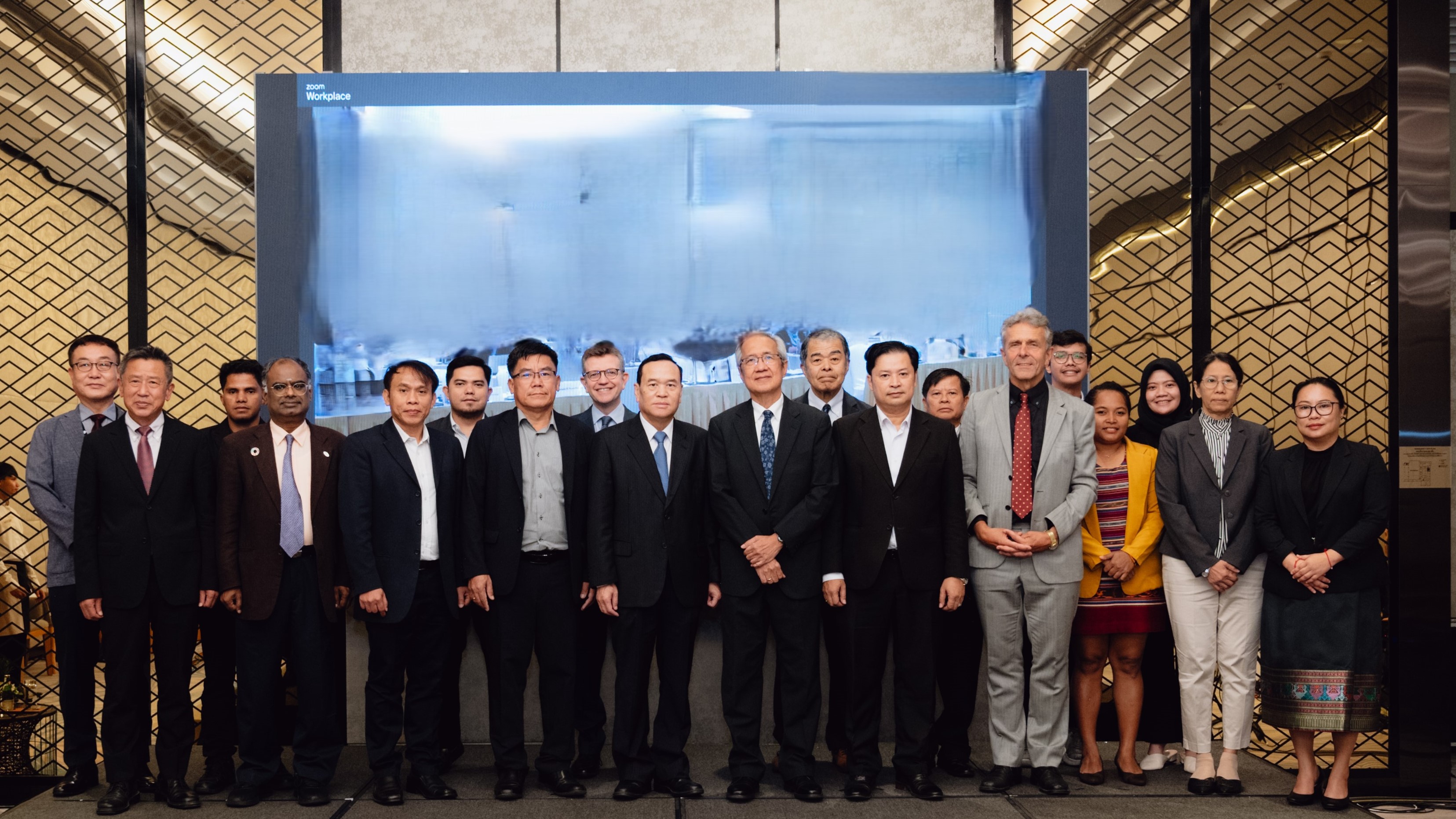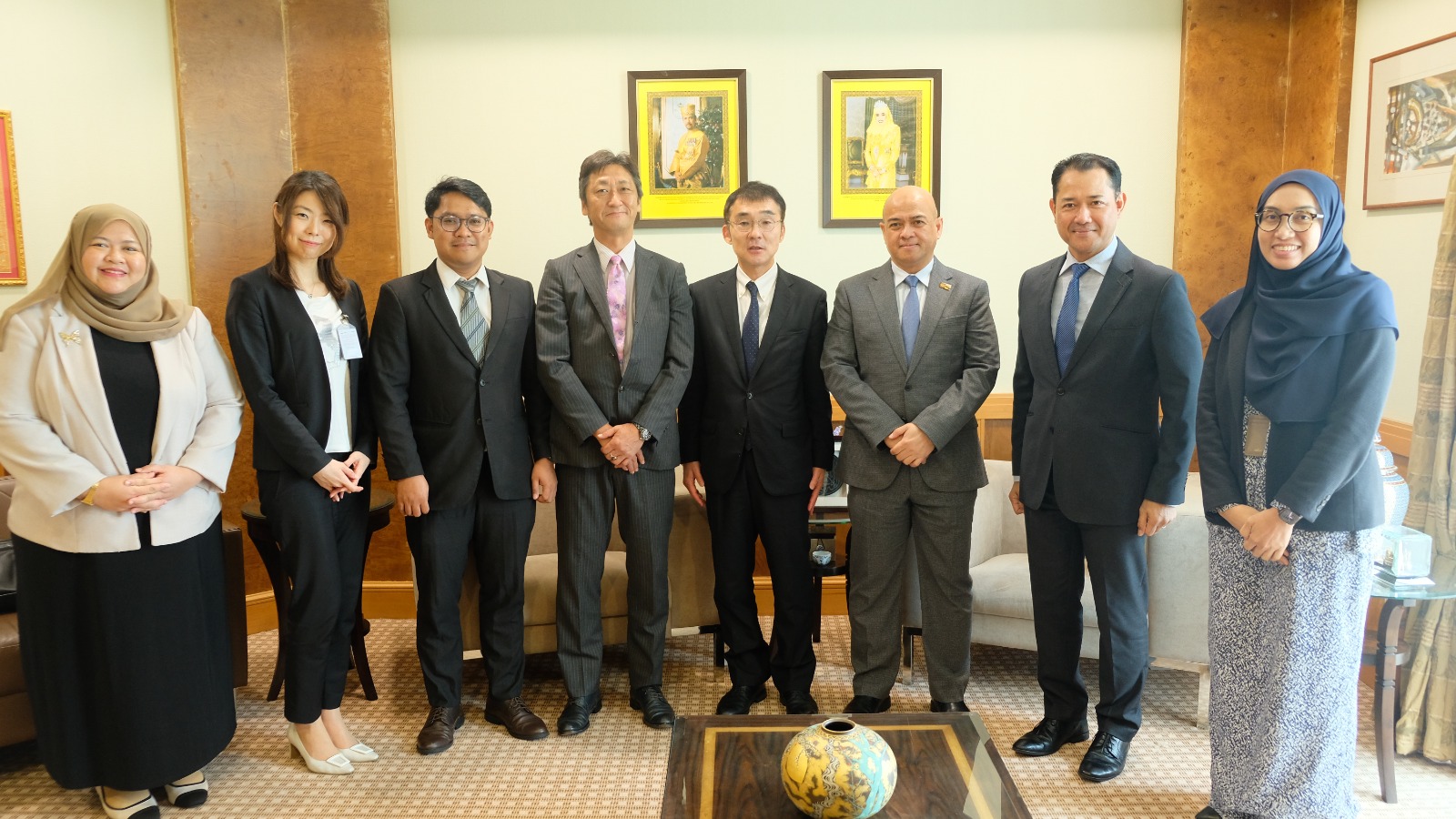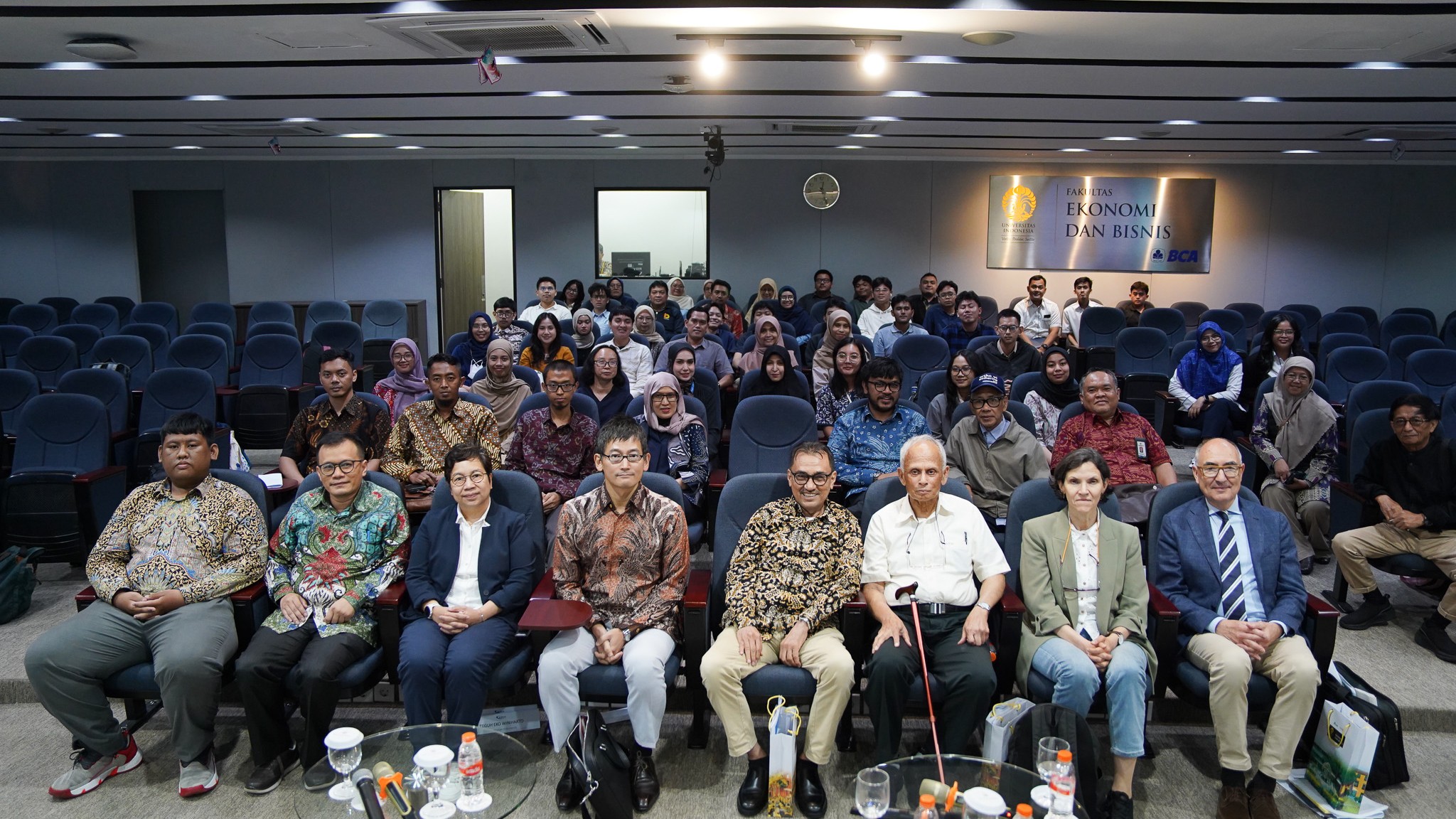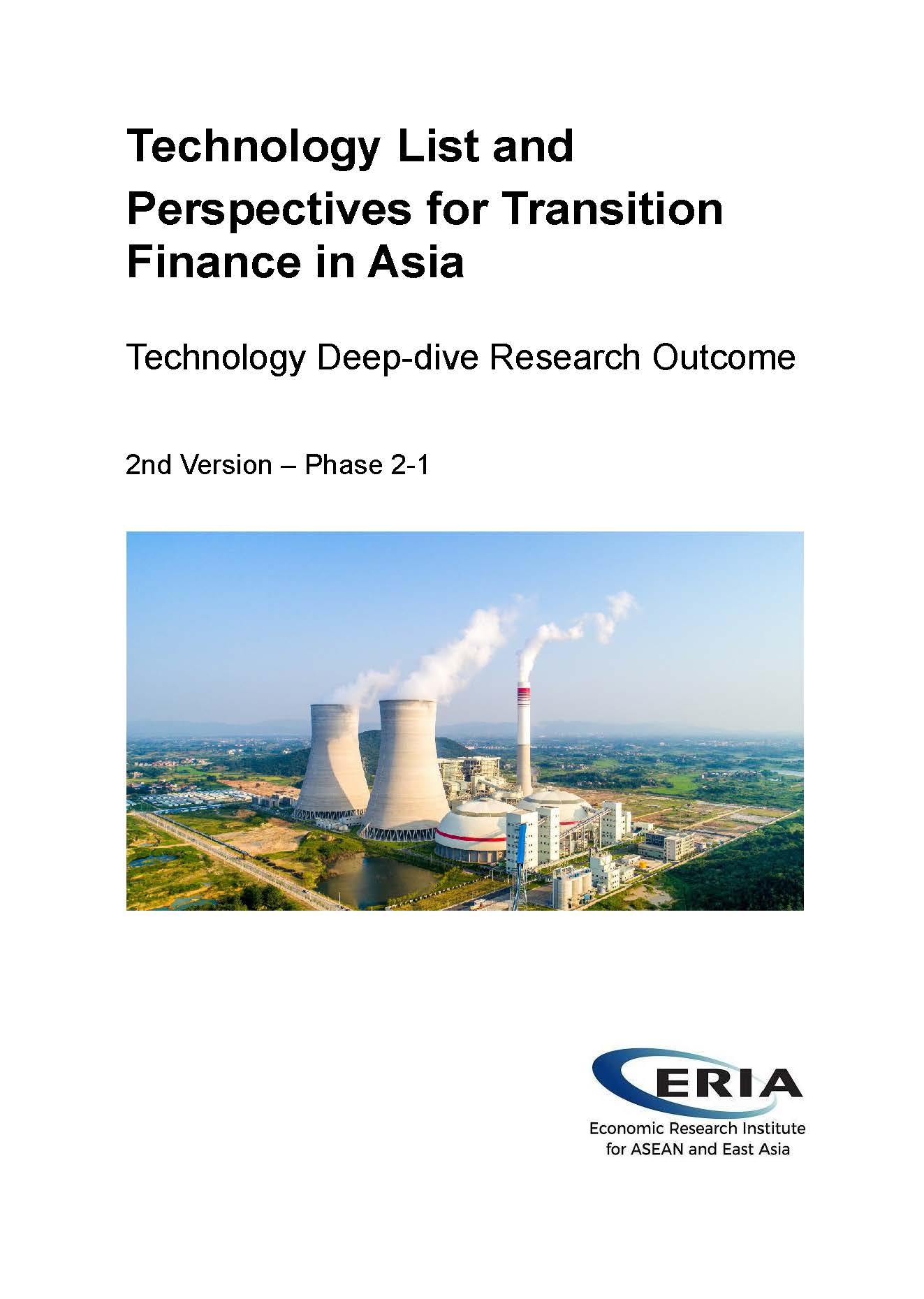ERIA and Lao PDR Jointly Organise a Regional Workshop on Building Climate Smart ASEAN: Assessing Climate Vulnerability, Planning Adaptation Strategies, and Securing Innovative Financing
Date:
4 September 2024Category:
NewsTopics:
Climate ChangeShare Article:
Print Article:
Vientiane, 4-6 September 2024: Climate change presents an urgent challenge for ASEAN. The escalating climate risks in the region threaten its economic prosperity, social stability, and environmental health. ERIA, in collaboration with the ASEAN Secretariat and two ministries from Lao PDR – the Ministry of Natural Resources and Environment (MONRE) and the Ministry of Agriculture and Forestry – organised a 3-day regional workshop on assessing climate vulnerability, planning adaptation strategies, and securing innovative financing in ASEAN and East Asia.
H.E. Thongphat Vongmany, Vice Minister of Agriculture and Forestry of Lao PDR, inaugurated the workshop. H.E. encouraged all participants to continue their collaborative efforts in tackling the climate change challenges faced by ASEAN. In his welcoming remarks, H.E. Kao Kim Hourn, Secretary-General of ASEAN, expressed his support for the workshop and wished all participants productive discussions.
Similarly, Sounadeth Soukchaleun, Deputy Director-General of the Department of Planning and Finance, MONRE, Lao PDR, and Aladdin D. Rillo, Managing Director for Policy Design and Operations, ERIA, highlighted the urgency for ASEAN to work together towards a climate-smart region. In their keynote speeches, Mak Soeun from the ASEAN Working Group on Crops and Hartini Mohd Nasir from the ASEAN Working Group on Climate Change underscored the importance of intra-regional cooperation and proactive mobilisation to mitigate climate risks before they manifest.
The first day of the workshop focused on the significance of vulnerability assessments across ASEAN and developing various adaptation strategies to address climate risks in the region. Presenters included V.R. Reddy from the US Department of Agriculture; Somchai Chonwattana from the Asian Institute of Technology-DHI; Yasuki Kono from Kyoto University; Makoto Ikeda from the Asian Disaster Risk Reduction Center; Eji Yamaji from the University of Tokyo; Hyeon Tae Kim from Gyeongsang National University; Suresh Kumar from Tamil Nadu Agricultural University; and Tavanh Kittaphone from MONRE, Lao PDR.
Through presentations and interactive discussions, participants deepened their understanding of climate vulnerabilities and disaster risks across diverse sectors in Southeast Asia. They were also equipped with the knowledge and tools necessary to develop and implement comprehensive climate change adaptation and disaster resilience strategies.
The second day of the workshop featured presentations on securing innovative financing for a climate-smart ASEAN and developing climate change adaptation roadmaps and disaster risk reduction (DRR) strategies for the region. Presenters included Mitsuhiro Maeda from the Advanced Institute of Industrial Technology; Venkatachalam Anbumozhi from ERIA; Srivatsan V. Raghavan from the National University of Singapore; Philaxay Manilack from the Ministry of Forests, Lao PDR; Tariq Khalil, Managing Director at Mosaic Risk Analytics; Suresh Babu from the International Food Policy Research Institute; and Meinhard Breiling from TU Wien.
The presentations were followed by peer-to-peer learning sessions, where participants and resource persons engaged in discussions to generate adaptation roadmaps. Group discussions were based on the outcomes from Day 1 and 2 of the workshop, along with inputs from officials on the status of climate change vulnerability assessments and adaptation financing within the agriculture and natural resource management sectors. Recommendations were made to foster collaboration and knowledge sharing amongst policymakers, researchers, civil society organisations, and the private sector in support of the ASEAN Climate Change Action Plan.
The workshop concluded with a field visit to two sites in Lao PDR demonstrating good practices in climate-smart development. At Beer Lao Company, participants learned about the brewery’s integration of net zero carbon and zero waste practices throughout its value chain. At Pawan Farm, participants were introduced to entrepreneurial efforts in implementing climate-smart and Good Agricultural Practices (GAP), organic farming methods, and promoting women's empowerment for climate change mitigation and adaptation. The proceedings of the workshop will be published as a compendium of best practices, summarising key policy insights for relevant policymakers and researchers on effective strategies for enhancing climate-smart practices in ASEAN.
This regional workshop also drew the attention of local media Vientiane Times: https://www.facebook.com/share/p/i9p8yegwQZitPj16/
This event is part of an integrated training and workshop programme.

.jpg)
.jpeg)
.jpeg)






